CONCACAF helping the Americas take on the world
With teams from North and Central America performing better than expected at World Cup 2014, Richard Edwards looks into how and why the region's football teams are improving...
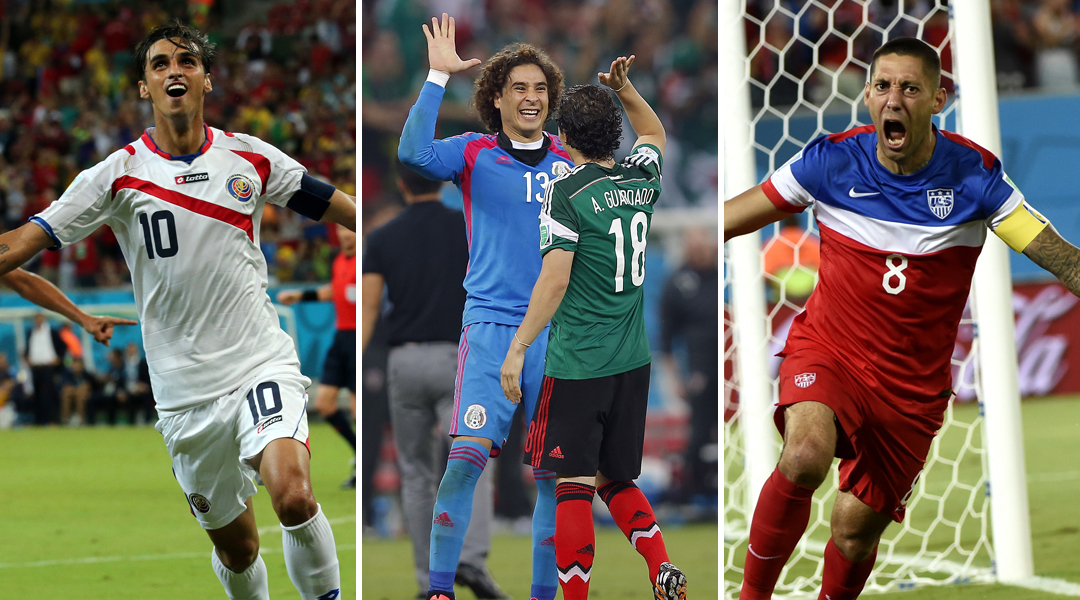
“Generally the facilities across the countries in CONCACAF are poor and the investment is almost non-existent. It’s the passion for the game that keeps most of these countries going,” says Belize international Deon McCauley, and he should know: alongside Luis Suarez and Robin van Persie, he was the leading goalscorer in World Cup qualifying.
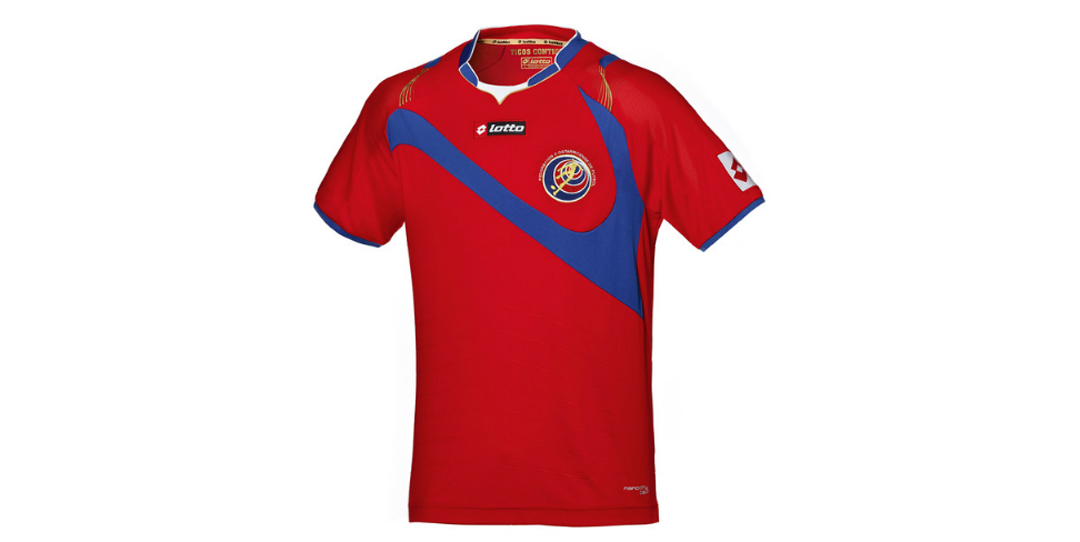
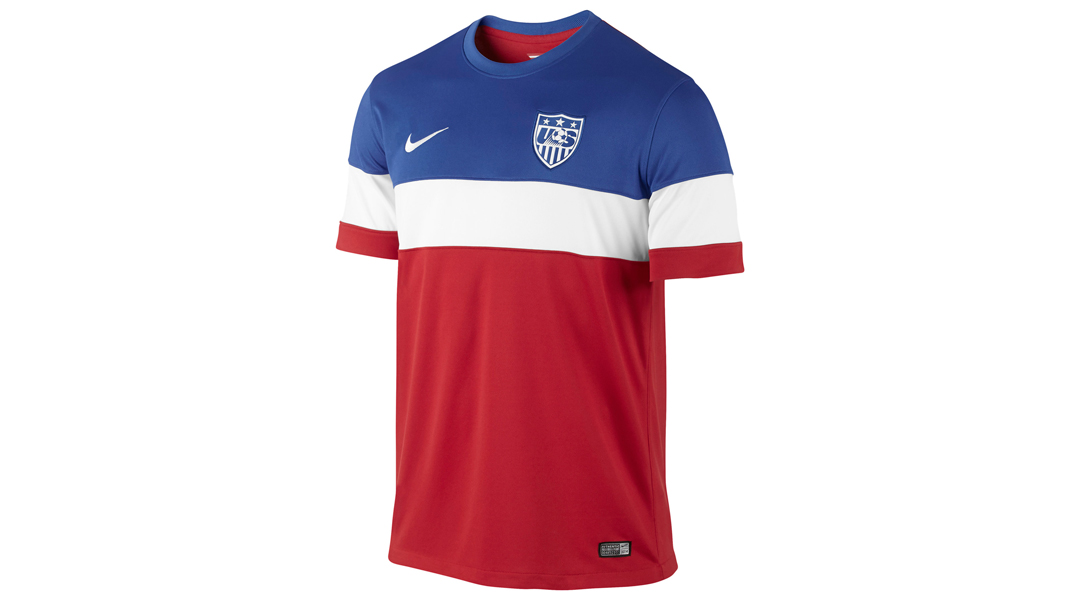
Costa Rica, Honduras and Mexico are never going to find themselves among football’s moneyed elite, but as this World Cup has proved, a healthy balance sheet is no guarantee of success or progress.
Before the tournament kicked off, Costa Rica were widely expected to be little more than interested spectators as England, Uruguay and Italy battled it out for the top two qualifying spaces in Group D. How wrong we were. As Roy Hodgson, Cesare Prandelli and their squads of multimillionaires packed up and flew home, the Central American minnows were preparing for the first knock-out stage of the competition.
There they were joined by Mexico, who had given as good as they got against Brazil in Fortaleza in the first week of the competition, and the USA, who squeezed Cristiano Ronaldo's Portugal out of Group G. It marked the first time in World Cup history that three CONCACAF sides had got past the first stage; only twice before, in 2010 and 1994, had as many as two slipped through.
Sadly, Honduras were unable to complete the set. They left the party early, but only after providing a muscular presence in Group E – leaving their mark on the tournament and countless shins.
It’s the progress of Costa Rica, though, that has really captured the imagination. The country’s English-language newspaper, The Tico Times, described the reaction as the group’s supposed whipping boys humiliated the nation who won the tournament just eight years ago.
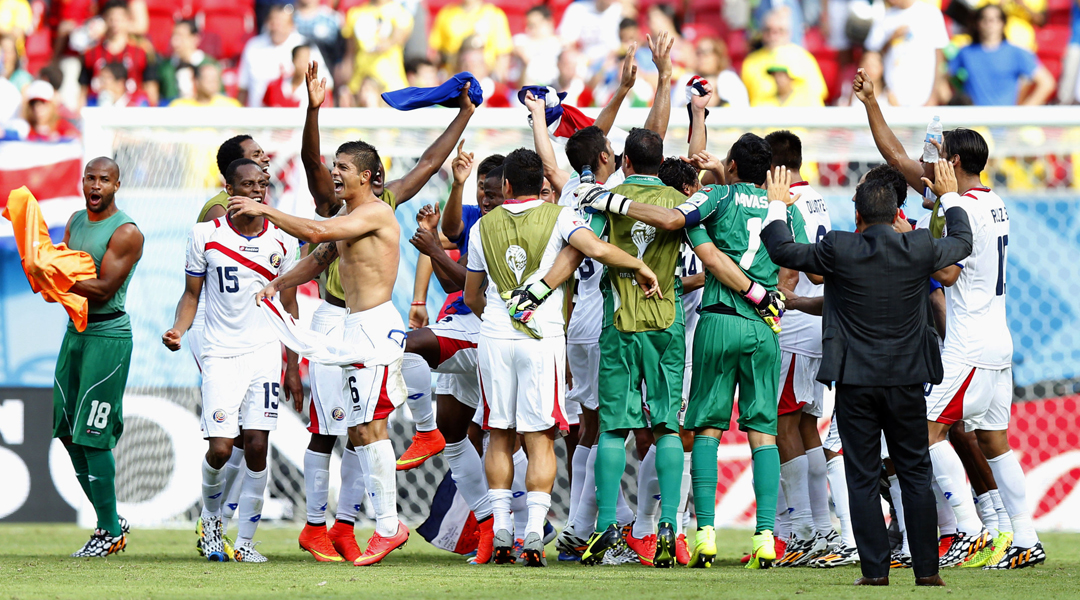
“The San Jose streets were deserted during the nail-biting morning match, but when the final whistle blew, declaring the Ticos at the top of the so-called Group of Death, a throng of Sele supporters took to the city’s main plazas to celebrate the historic triumph.”
Get FourFourTwo Newsletter
The best features, fun and footballing quizzes, straight to your inbox every week.
It looked like some party at the Fuente de la Hispanidad, certainly in contrast to the mood in England after Luis Suarez’s Sao Paulo demolition job the previous evening. And it got even wilder when Costa Rica defeated Greece in a dramatic penalty shoot-out on Sunday evening, securing their place in the World Cup quarter-finals for the first time ever.
Low expectations but growing ability
But perhaps that San Jose party has gone with an even bigger bang because Jorge Luis Pinto’s side had travelled to Brazil with such low expectations. Speaking to FFT before the tournament began, BBC pundit and former USA goalkeeper Brad Friedel explained why he thought Costa Rica had little chance against England, Italy and Uruguay - and it wasn't just the daunting opposition, but a perceived travel sickness.
“When you play against Costa Rica in qualifying they take you to Saprissa, you play on a plastic pitch at 1.30 in temperatures of 40 degrees," explained Friedel. "All the fans are spitting on you, throwing urine at you and they get a lot of results at that stadium. When they travel? Well, I don’t think they’ve won in USA for 17 years. They’re not great on the road.”
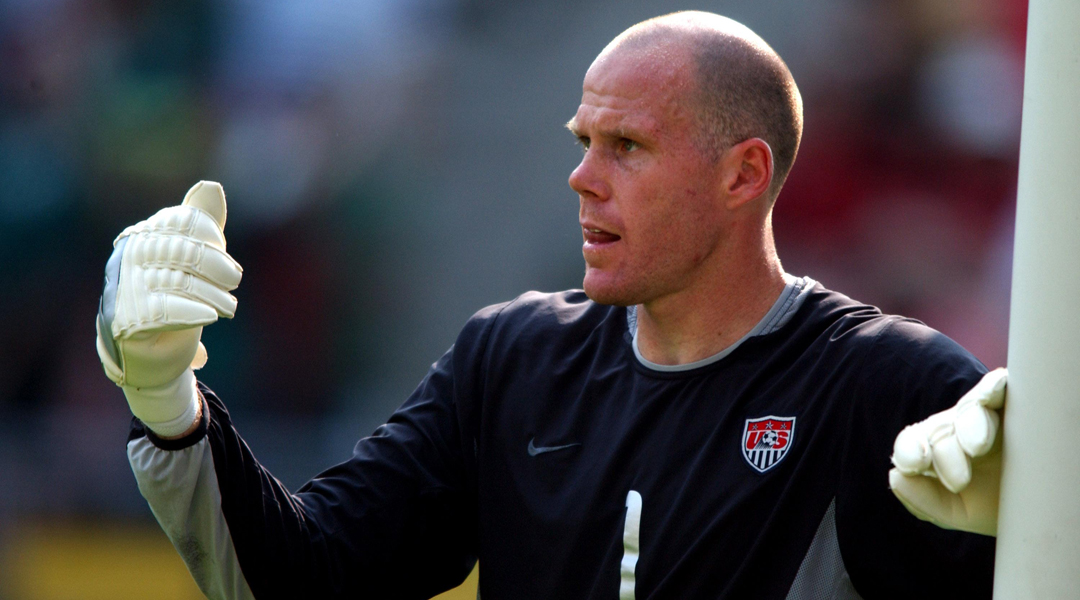
Pinto's side have proved Friedel and a thousand other pundits spectacularly wrong, but why? It can't simply be the element of surprise, or an easier adaptation to climatic conditions not too dissimilar to their Central American homeland. The ability of the teams is improving all the time.
Tom Curtis is one of only a handful of English coaches to have recently worked in the region: during CONCACAF qualification for Brazil 2014, he took Antigua and Barbuda further than they had ever been and spent time scouting across the region. What he saw convinced him that the level of competition - for so long utterly dominated by the relative titans of the US and Mexico - was rapidly improving.
“I watched a game in Kingston between Jamaica and Panama, and the technical level of these players was fantastic," syas Curtis. "The speed they moved the ball was what really struck me. It’s a region on the up."
Curtis paints a picture of a population utterly trasnfixed by the game. “I was in Guadalajara for a meeting of Technical Directors in CONCACAF and went out for a walk with a couple of the other guys. People saw us in our FIFA t-shirts and we started playing a little game with a couple of the locals. We turned round after about five minutes and there were hundreds of people watching.
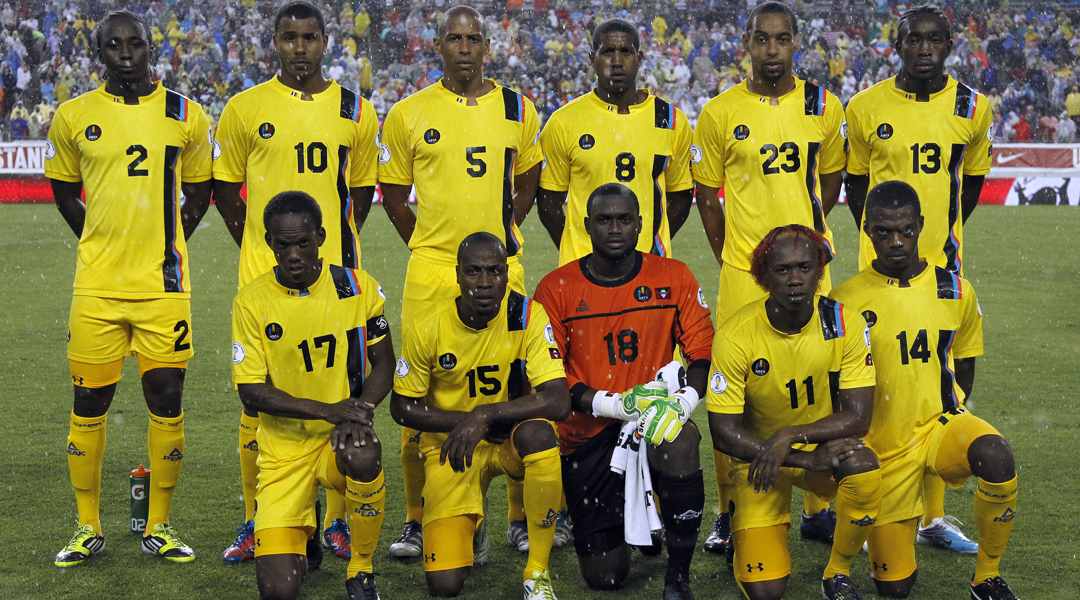
“It’s a cliché about kids playing football on pieces of scrubland and by the side of the road, but in Central America and the Caribbean it’s exactly what happens. These kids are absolutely football mad, they’ll play anywhere with anything.”
The demand is there, and the players obviously are. What they may have been lacking is good coaching, but Curtis says that is also improving.
"It’s a hotbed and it’s always going to produce players. There has been an influx of foreign coaches recently going into the area and coach education has become a little bit widespread.
“If you’ve got players there and you’ve got a cohort of players who have that enthusiasm and you have organisation and tactical knowledge then you’re always going to have good teams come out of the area.”
Boosted reputations
Alongside Costa Rica, Mexico are building on their success at the 2012 Olympics when they upset Brazil at Wembley. Hector Herrara, Oribe Peralta and the ageless Rafael Marquez were all in the team which beat a Brazilian side which, let’s not forget, included Neymar, Thiago Silva, Hulk, Oscar and Marcelo. They may have been undone in injury time of their last-16 tie with the Netherlands, but there can be little doubt El Tri have boosted their reputation at this summer's tournament.
The USA, meanwhile, were unlucky not to rubber-stamp their place in the last 16 with a win over Portugal. Silvestre Varela's last ditch equaliser denied them that, but Jurgen Klinsmann's side still progressed despite a 1-0 loss to Germany in their final group outing.
Now there are no shortage of pundits tipping them to beat Belgium in Salvador on Tuesday evening. If they do, it will be the first time ever that two CONCACAF-area nations have reached the quarter-finals; it's also worth noting that USA's 2002 quarter-final odyssey was the first time a team from the region had got that far without hosting the tournament.
Even if USA join their neighbours Mexico in exiting at the second stage, they will have got farther than lauded UEFA teams Spain, Italy, Portugal, England, Croatia and Russia. And while going deeper into the tournament would help cement the game's popularity in the States, Costa Rica's presence in the quarter-finals is also indicative of the rising power of CONCACAF's "minor" nations.
After their win against Italy, a local Costa Rican TV station broadcast a picture of Tico holding aloft a sign that said: “Jefe, I quit my job. I’m staying to watch the second round.” Roy Hodgson and Vicente del Bosque may well have had similar thoughts.
